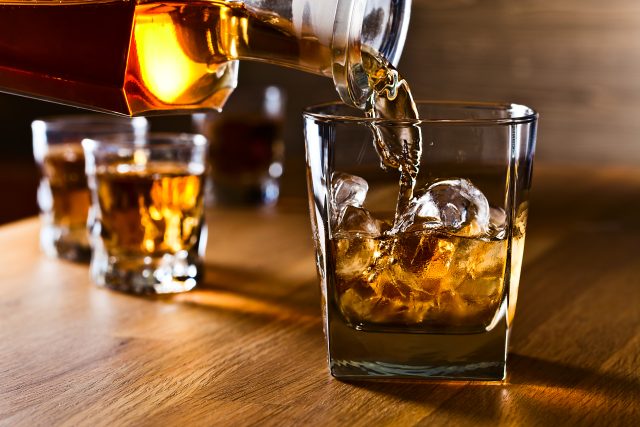This website uses cookies so that we can provide you with the best user experience possible. Cookie information is stored in your browser and performs functions such as recognising you when you return to our website and helping our team to understand which sections of the website you find most interesting and useful.
How imported alcohol could face ‘reference price’ issues
The Indian government is discussing a plan to put in place a ‘reference price’ — a set of valuation rules that will require importers to pay customs duty based on a price fixed by authorities.

The move, which was reported by the Times of India, is in a bid to clamp down on under-invoicing of alcohol and comes at a time when Pernod Ricard is reportedly facing a tax demand of US$244 million for allegedly “under-invoicing” concentrate imports for several years.
According to reports, other drinks companies such as Diageo have also been accused of undertaking similar practices to sell to their Indian arms, despite rules in place for transfer pricing and related party transactions.
The issue for internal discussions arose again while a free trade agreement (FTA) with the UK was being negotiated and the British government sought to lower tariffs for imported Scotch.
The Indian authorities are now rumoured to be negotiating tariff cuts with an aim to ensure that the under Rs 750 a bottle segment is not impacted by the move.
The suggestion for a minimum import price was initially made by the domestic industry and Confederation of Indian Alcoholic Beverage Companies (CIABC) when it highlighted how some of the brands had quoted one-third the price (cost, insurance and freight) to Indian excise authorities compared to the price they had reportedly offered to duty-free outlets.
This has resulted in consumer prices for some of the brands in India being lower than those available in Britain and led to the lobby group arguing that FTAs and under-invoicing could have an adverse effect on domestic players.

